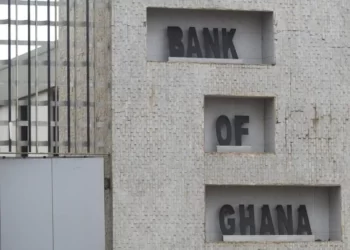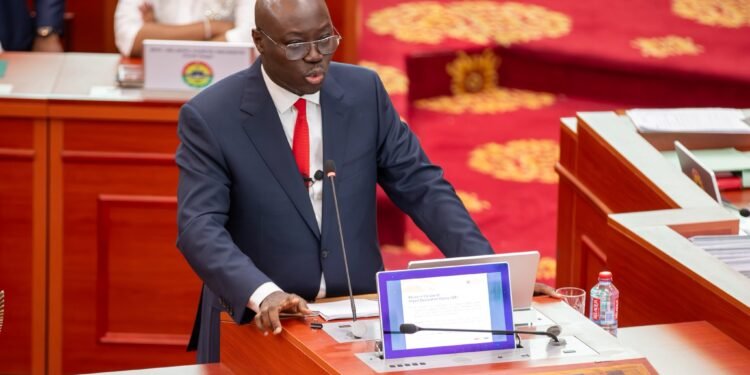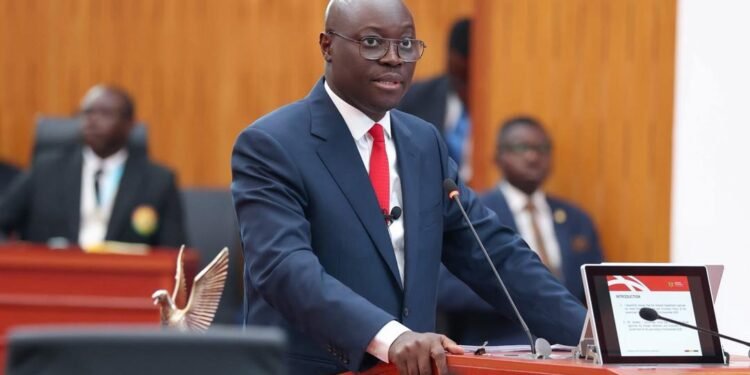The Digital Assets Summit Africa (DASA) 2025, held in Accra under the theme “Unlocking Africa’s Digital Economy Through Innovation and Regulation”, has become the latest platform to spotlight blockchain’s transformative power in reshaping finance and trade across the continent.
Experts and industry leaders at the summit strongly advocated for the adoption of blockchain and digital assets to accelerate financial inclusion, boost trade, and transform cross-border payments.
Professor Tonya M. Evans, Board Director at Digital Currency Group and a renowned fintech strategist, emphasized that blockchain was not a threat to traditional banking, but rather an opportunity to serve customers better and modernize Africa’s financial systems.
Blockchain for Faster Trade and Payments
One of the strongest arguments raised during the summit was blockchain’s potential to revolutionize cross-border payments. Today, sending money across African countries can take several days and attract hefty fees. Blockchain technology, however, can enable near-instant settlements—completing transactions in minutes rather than days.
“Digital assets could unlock smart-contract settlements and transparent supply chains in agriculture, while enabling continental settlement in minutes in trade,” Prof. Evans stressed. She added that blockchain-driven systems could offer safe stores of value, programmable cash transfers, and more efficient international commerce.
This new wave of financial technology could ease bottlenecks in the African Continental Free Trade Area (AfCFTA) by simplifying payments, reducing costs, and building trust in cross-border trade.
While advocating blockchain adoption, Prof. Evans also warned of risks that must be addressed. These include cyber resilience, wallet protection, and key management. She stressed that regulatory clarity is essential for building trust and encouraging investment in the digital assets space.
She urged policymakers to adopt evidence-based regulation, studying what has worked in other jurisdictions before designing local frameworks. “Clarity enables trust and investment,” she noted. By striking the right balance, Africa can create an enabling environment that encourages fintech innovation while protecting consumers and safeguarding monetary sovereignty.
Statistics, Data, and AI in the Digital Age
Another critical perspective came from Professor Samuel Kobina Annim, Director of the African Centre for Statistics. He emphasized the role of data and artificial intelligence (AI) in supporting Africa’s transition into the digital economy. According to him, technology is crucial in determining what to measure and how policies are designed.
“Statistics should be the basis of policy design. Data should not only be used to assess government performance but also to guide trade-offs in policy decisions,” Prof. Annim said. His remarks underscored the importance of data-driven governance in ensuring that Africa’s digital transition delivers measurable benefits.
For Robert Dzato, CEO of the Chartered Institute of Bankers Ghana, trust remains central to Africa’s financial future. He observed that the continent’s youthful demographics are leaning toward alternatives beyond traditional banking, a shift that makes digital assets even more relevant.
“Africa needs to join the digital space, which brings big opportunities to our economies,” Dzato said. He highlighted that financial systems thrive on trust—built on character, competence, conduct, and consequences. For blockchain and digital assets to succeed, they must deliver on these values.
Stablecoins and Africa’s Demographics
Ms. Mimi Kufuor, CEO of Koinkoin Ghana Limited, highlighted the role of stablecoins in addressing Africa’s pressing economic challenges. With inflation, volatile currencies, and climate-induced economic disruptions, she believes stablecoins can provide a reliable medium of exchange for everyday transactions.
“Stablecoins can prevent money from swinging up and down in daily transactions. They provide stability for people who cannot afford to lose value,” she explained. She urged Africans to understand tax implications and market dynamics before investing in digital assets, stressing the need for financial literacy.
Todor Kostov, a corporate finance consultant and board advisor, cautioned that Africa should prioritize innovation before rushing into strict regulations. With multiple cryptocurrency options available, he argued that African nations should seize opportunities in digital assets while creating homegrown solutions tailored to their unique needs.
Ghana’s Opportunity to Lead
The summit’s overarching message was clear: Africa, and Ghana in particular, has a unique opportunity to lead in blockchain adoption. By leveraging digital assets to enhance cross-border payments, Africa can unlock new levels of trade, financial inclusion, and economic growth.
As Prof. Evans concluded, “The future is being written now, let Ghana hold the pen.” This call to action underlines the urgency for financial institutions, policymakers, and entrepreneurs to take bold steps in harnessing blockchain for the continent’s transformation.
READ ALSO: Africa’s $6 Trillion Trade Opportunity: GEPA Rallies Nations to Unlock Intra-Continental Power























